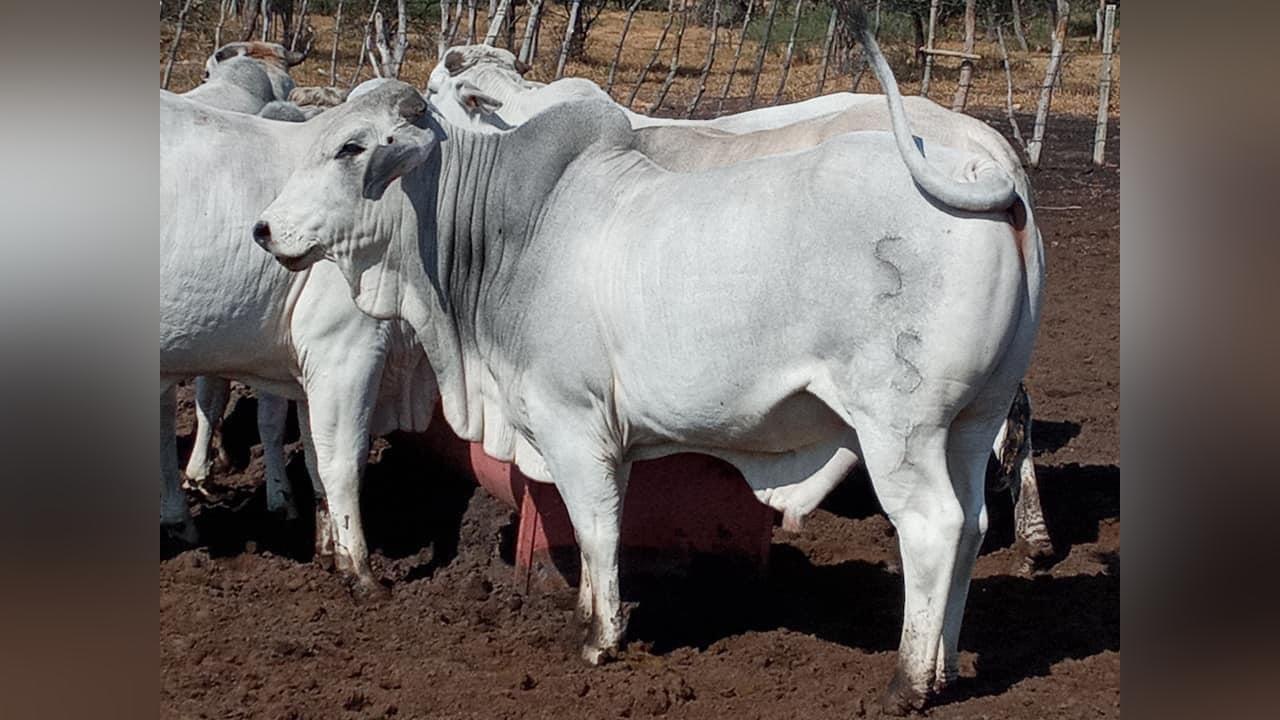Africa-Press – Botswana. The assertion by Thomas Jefferson, America’s founding father who served as the third US president, that “agriculture is our wisest pursuit, because it will in the end contribute most to real wealth, good morals and happiness” underscores the value of farming as a foundation for prosperity and virtue.
In the broader Sandveld region, farmers have embraced this wisdom, leveraging agriculture not only as a livelihood but also as a means to cultivate wealth. In the prairies of Sandveld region rests over 200 ranches that speaks volumes on intensification of livestock farming in the country. Neatly tucked in the thicket of bushes, green vegetation and sandy terrains the ranches boasts around one million top quality cattle breeds that supply the local market and European Union.
BOPA caught up with the Board member of Botswana National Beef Producers Union, Mr Masego Phuduhudu on Saturday at Sandveld field day to discuss the state of farming in the country. He said a successful cattle business should focus on sustainable practices, market access and efficient resource management.
Mr Phuduhudu said key aspects include sourcing high quality cattle, establishing robust feeding programme, implementing effective disease control measures and securing reliable market channels. Additionally, he said exploring opportunities in the dairy sector or value added products could further enhance profitability, noting that the beef value chain in Botswana was largely untapped.
Mr Phuduhudu said cattle farming in Botswana contributed significantly to the country’s Gross Domestic Products (GDP), rural livelihoods and export earnings, hence the need to farm the right way. He opined that intensified livestock farming strategies should involve increasing animal density, moving away from pasture-based systems and using technologies like veterinary interventions and improved genetics to boost productivity.
To this end, Mr Phuduhudu said the approach aimed to produce more meat and livestock products from a given area, often with higher yields per animal. He said climatic conditions were no longer favourable thus necessitating fodder production.
Further, Mr Phuduhudu said one strategy to increasing animal productivity and resource efficiency was to use field days to give farmers exposure and share notes on how best to remove bottlenecks within the livestock industry.
He said such events presented opportunities for farmers to share views on how best to deal with unfavourable climatic conditions in the industry and boost overall farm out-put. Mr Phuduhudu advised farmers to pull resources together and tap into opportunities that existed in the industry.
He was of the view that funding needed to improve as the support they got from Citizen Entrepreneurial Development Agency (CEDA) was not enough to meet development needs of farms. He said funding was tailor made for specific programmes and therefore needed to be liberalised according to the needs of the farmer. Mr Phuduhudu said the union was committed to ensure sustainability of food self-sufficiency and food security in the beef industry.
Making submissions at Sandveld field day, a renowned Sandveld rancher, Mr Blackie Marole said at Sandveld there was no fronting and as such, money remained in the country, adding the industry was less corrupt.
He expressed worry that cattle population drastically declined and the gap was significant. He was however pleased that the industry was slowly being liberalised and allowed farmers to sell live animals to other countries. He expressed optimism that more liberalisation would come.
Another renowned rancher, Mr Oabona Kgenngwenyane based in Banyana farms in the Borolong area and in Sandveld, believed that the cattle numbers could soar to 10 million in Botswana by 2040 thus challenging farmers to scale up efforts to hit the expected target.
He said it was imperative to visit strategies that could enable ranchers hit the target, noting that there was need for the sector to be more competitive. He said in 1978 there were three million cattle but the number declined to 1.5 million over the years and wondered how could that happen when the country had a lot of educated people. In addition, Mr Kgenngwenyane said Sandveld ranchers contributed 0.9 per cent to the GDP and wished the contribution could be bigger.
He spoke of the need to package beef in an innovative way because there was a massive market for beef in the international domain and farmers should work towards bridging the gap between demand and supply. Mr Kgenngwenyane implored farmers to employ climate change adaptability technologies to improve yields.
For More News And Analysis About Botswana Follow Africa-Press






